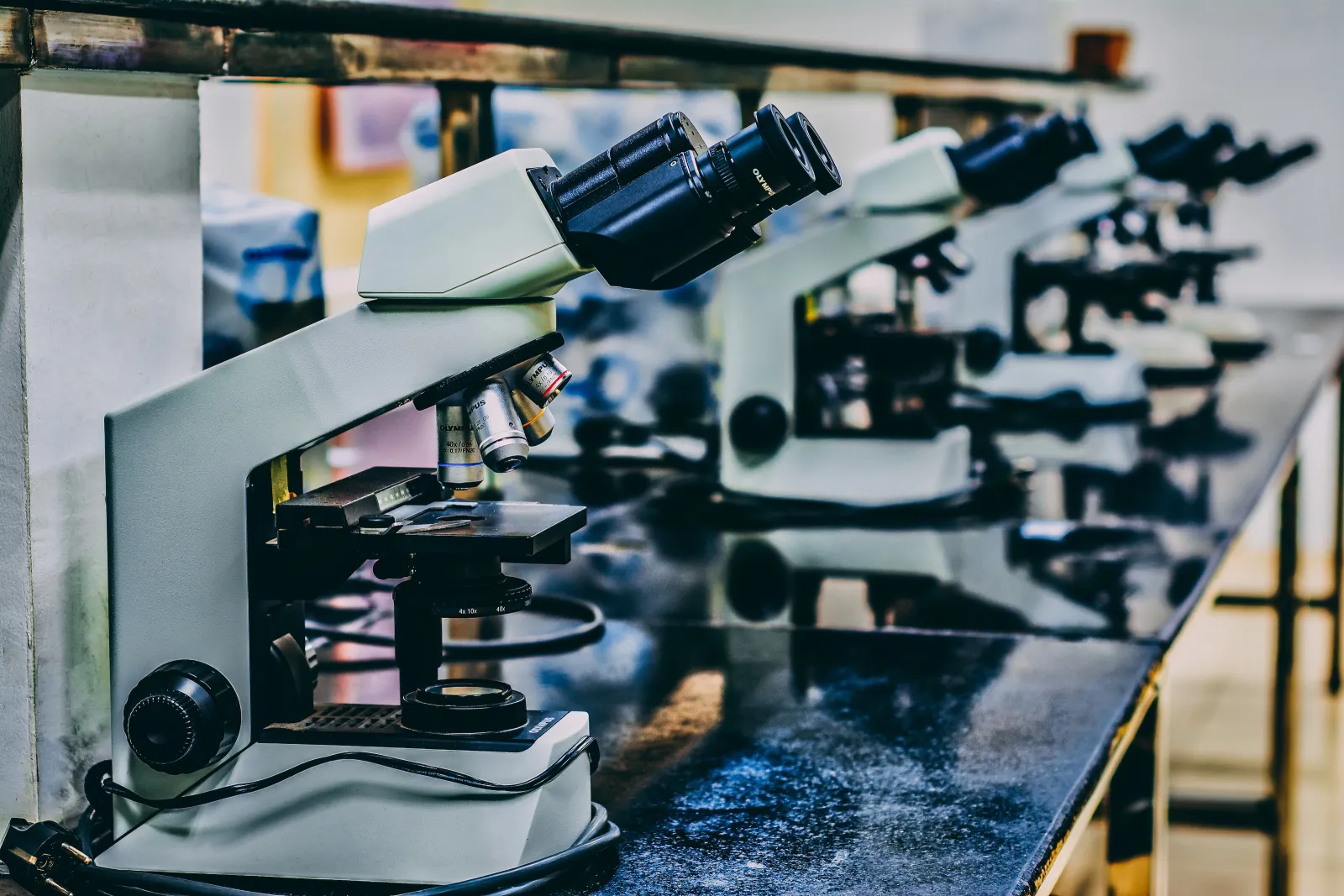
Many people feel that, upon death, the mortal remains of an individual are to be treated with dignity. This often manifests as traditional in-ground burial or cremation. However, these are not the only methods for the disposition of remains.
Can You Donate Your Body to Science?
Yes, you can donate your body to science to contribute to medical research in most cases. If you choose to donate your body to science you can rest assured that your remains will be treated with just as much dignity and care as they would be with a traditional funeral.
But how does one go about doing this? What happens when you donate your body to science? Are there specific rules that need to be followed? Let's answer some of these questions.
How Do You Donate Your Body to Science?
To donate your body to science, you need to contact a whole-body donor service to register so that your body can be delivered to the medical institution of your choice. There are several different organizations that facilitate body donations. You can also speak directly to a local hospital or medical school if you prefer.
There may be some limitations on whether you can donate your body to science, including:
If the donor has an infectious or contagious disease
Bodies that have undergone autopsy
Bodies that are above or below a certain weight threshold
One factor that rarely comes into play is the relative age of the body, as this is usually not something that is taken into consideration for whole-body donation.
What Happens When You Donate Your Body to Science?
When you donate your body to science, it will typically be used either for training medical students or for medical research and development. After that, the body is cremated by the medical facilities they were donated to. If requested, those remains can and often are returned to the family of the deceased. The family can then choose what to do with those remains.
There are many options here including scattering the ashes, burying them, interring them in a columbarium, or keeping them in a cremation urn. There are also many creative methods for cremated remains like turning them into jewelry, tattoos, and vinyl records.
The option also exists to not have the remains returned to the family. Instead, these remains are usually interred in a special-purpose vault for individuals who donated their bodies to science overseen by the medical facility or a third party. Again, each facility that accepts whole-body donations will handle this process differently, so it's always advisable to find out beforehand what each organization does with donated bodies that aren't returned to their families.
Body Donation vs. Organ Donation
It's likely you've heard of the great benefit that choosing to be an organ donor can provide to the sick and injured. Electing to be an organ donor means that, upon your death, any viable organs or body tissues that can be used to help living patients will be removed and then transplanted into those patients. It is an incredible gift of life and health that is almost universally seen as a noble and selfless act.
You can be an organ donor and not donate your body to science. You can choose to be a body donor and not donate any of your organs or tissues for transplant. Alternatively, you can decide to be both an organ donor and a body donor. In that instance, any viable organs and tissues are removed first before the rest of your body is then donated.
A body donated to science doesn't have a direct impact on the sick or injured, but the body is used to further medical science as a whole.
Two Most Common Uses For Donated Bodies
1. Training New Doctors
Bodies donated to science are used as cadavers for medical students to help them learn anatomy and surgical techniques. These bodies are being used to train the next generation of medical professionals, who will go on to become doctors and surgeons that save lives. The donation of your body helps in that process; your one decision could impact the health of countless others.
2. Developing New Techniques and Procedures
Researchers designing cutting-edge medical techniques and surgical procedures often perfect and test those approaches on bodies donated to science as well. Nearly every procedure used today was first perfected on a body donated to science before proceeding to experimental human trials. Without this crucial step in the process, the advancement of medical science would be much slower.
The Decision to Donate Your Body to Science
Just as selecting to be an organ donor can help benefit others and save countless lives in need, so does the choice to donate your entire body to science. Donating a body to science has a direct impact on developing new medical treatments, techniques, and procedures, and is also instrumental in providing crucial training and education for the newest generation of medical professionals. As far as choices for the final disposition of your body, there is much to recommend donating your body to science as a selfless and noble decision.
For more specific information about how you can donate your body to science and what your options are, schedule a consultation with a memorial planning expert by calling 844-808-3310.

